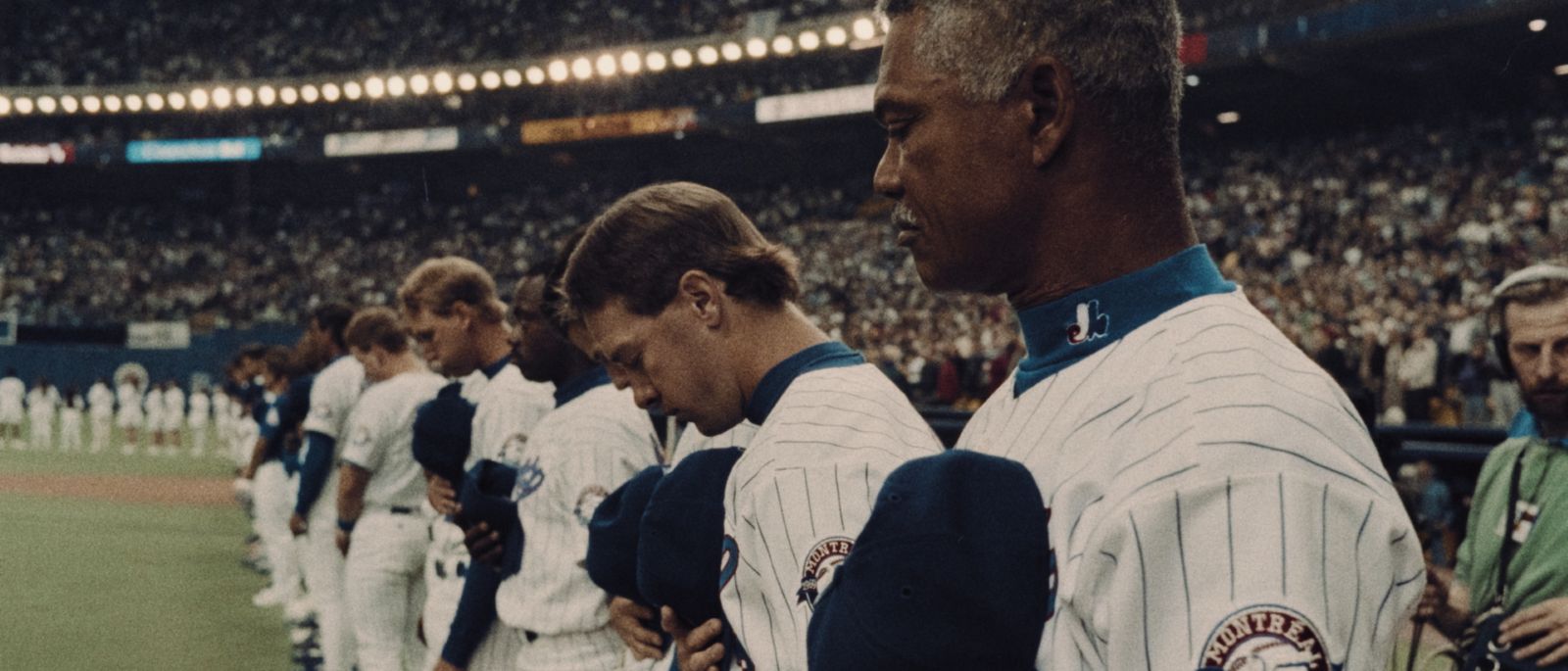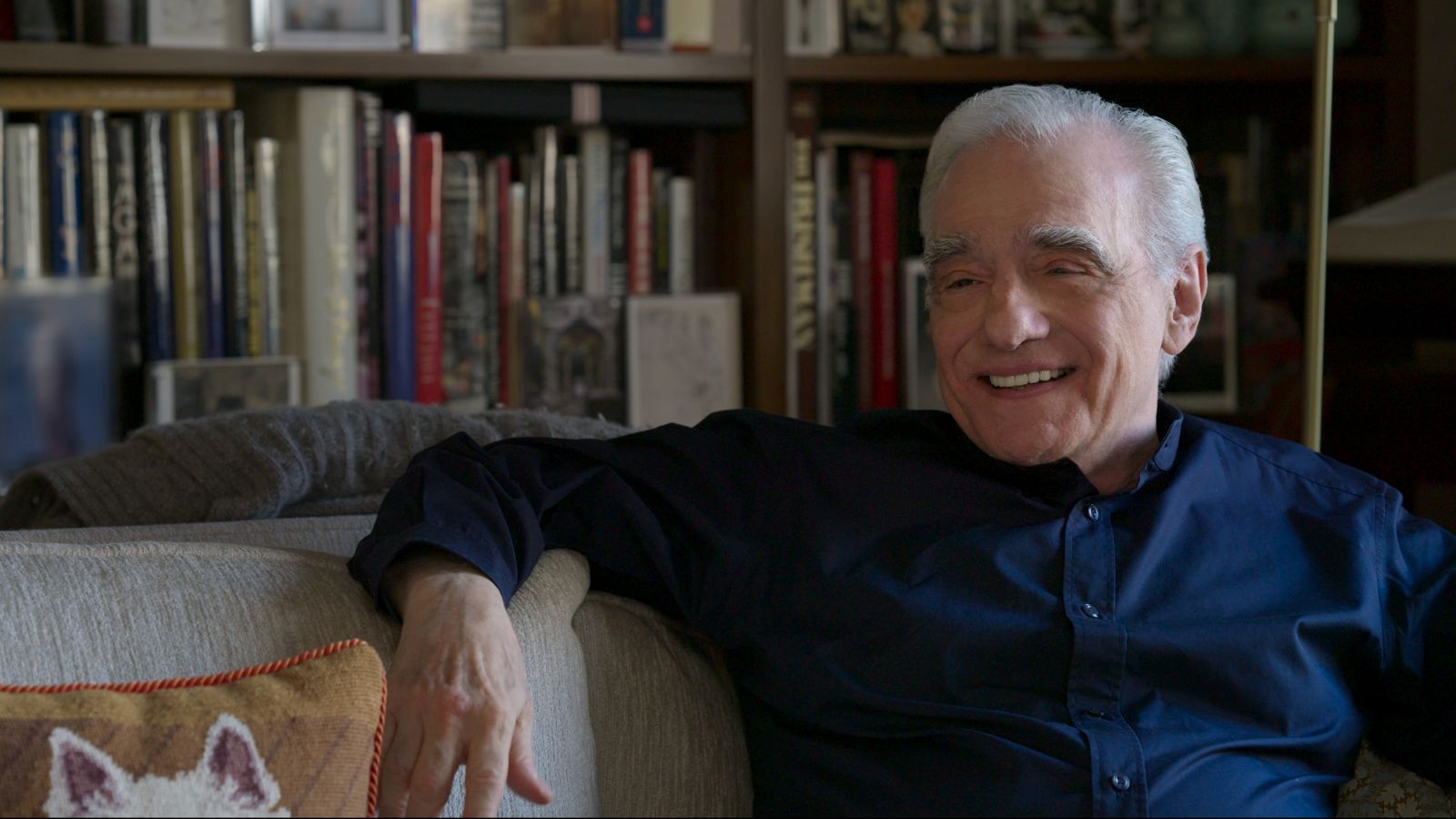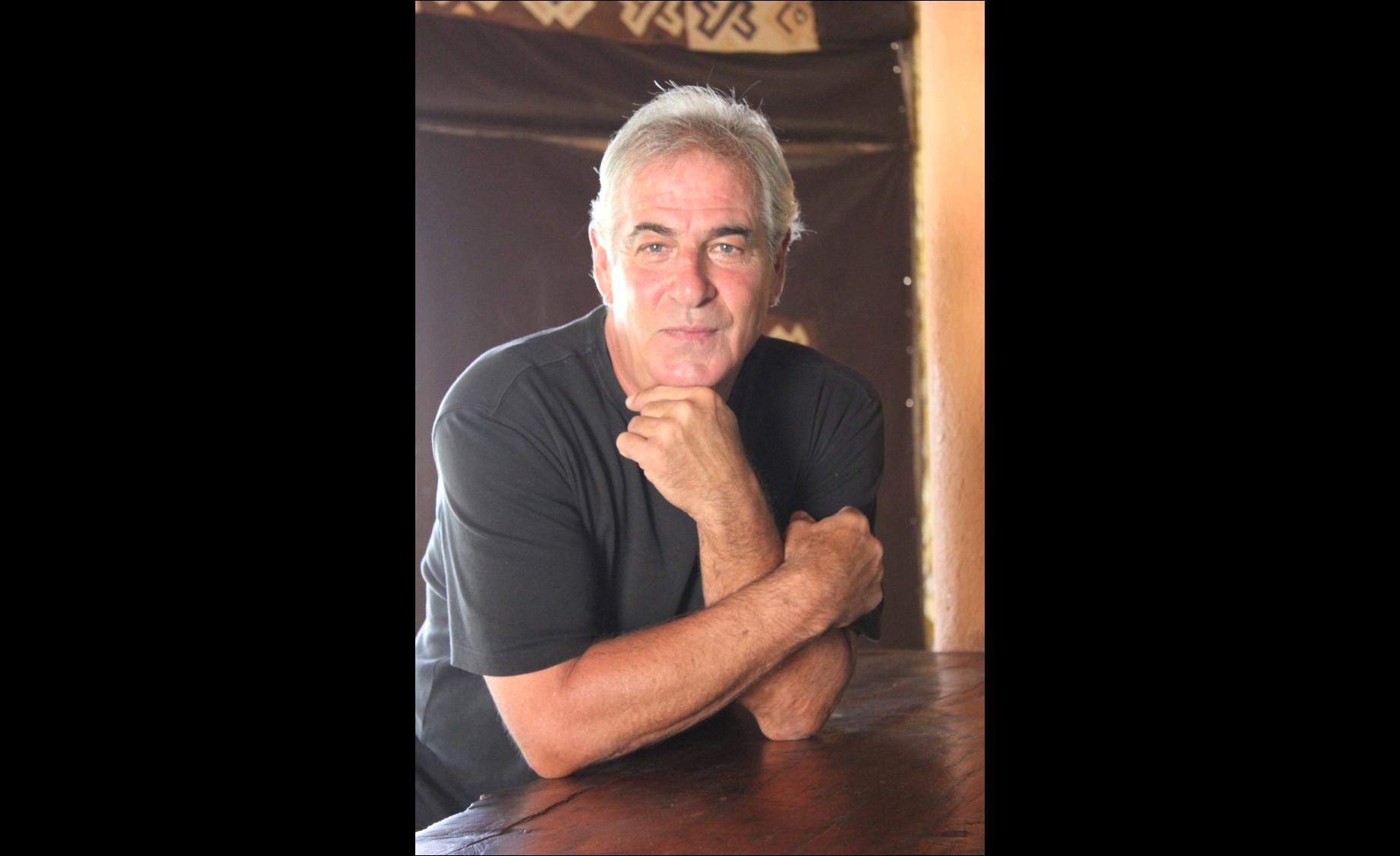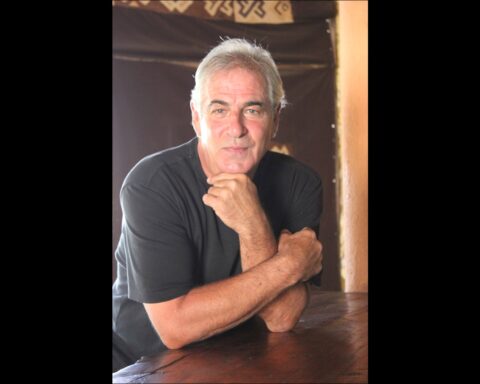Who Killed the Montreal Expos?
(Canada, 90 min.)
Dir. Jean-François Poisson
When the Montreal Expos relocated to Washington D.C. in 2005, becoming the Washington Nationals, the vacancy of “Nos Amours” created a hole in Canadian sports that has yet to be filled. Expos hats continue to adorn baseball fans up North, and with Major League Baseball well past due for another expansion, questions of whether Montreal will be a part of those discussion always rear their head.
Filmmaker Jean-François Poisson’s focus, though, isn’t on whether a team will return. He wants to know why they left in the first place, and who is to blame. In a similar vein to Kat Jayme’s The Grizzlie Truth, about the demise of the Vancouver Grizzlies basketball team, Poisson’s Who Killed the Montreal Expos? takes an almost true crime approach to his investigation (albeit to a lesser degree than Jayme). He employs the timeline visual that the Michael Jordan doc The Last Dance used to situate viewers, allowing for Poisson to work through the team’s history with ease.
Last year, Robbie Hart’s Nos Amours: The Saga of the Montreal Expos gave a valiant effort at retracing the legacy of the Expos and the grassroots work to bring the team home that just narrowly missed the mark. Aiding Poisson tremendously is the access afforded to him that Hart didn’t have — namely, the inclusion of Expos greats such as Vladimir Guerrero Sr., Pedro Martínez, Larry Walker, and Felipe Alou, the club’s beloved manager from 1992 to 2001. With enough years removed, all interview subjects on the side of the Expos speak openly and honestly, and sometimes angrily, especially Orlando Cabrera who gets particularly candid. They lament on not only the notorious 1994 season but on how the team broke down afterwards.
However, the interviewees most needed in a film like Poisson’s are former Expos owner Jeffrey Loria and his stepson David Samson. Loria, now 84-years-old, doesn’t participate in the film, but Samson speaks verbosely and loudly enough for the two of them.
At the time of the Expos’s demise, Loria and Samson were accused of Rachel Phelps-ing the team — businessmen focused on diminishing the team to the point where relocation was the only solution. While Poisson’s film might not inspire some viewers to abandon their belief in that theory, the documentary highlights another aspect that one might not have fully appreciated: Loria and Samson were brash Americans coming into Canada assuming whatever rules of commerce applied down south translated cross-border.
Time and time again, American exceptionalism leads that country’s businesses (and the people behind them) to attempt to enter the Canadian market without any appreciation that for all our similarities, we are in fact a distinct country. What works in the US does not necessarily succeed in Canada — a novel concept Loria and Samson didn’t seemed to grasp, and when confronted by this fact by the Montreal media, they vehemently denied. But in considering their stubbornness when it came to television rights — as Samson confidently declared that if the American teams could demand high licence fees, the Expos should too — it’s clear the two Yanks had little understanding of how broadcast or business in general work in Canada.
While Poisson dives into the nitty-gritty of the business end of the Montreal Expos, very little baseball makes the final cut of the film. Although some attention is paid, perhaps the clue is in the title that Poisson didn’t intend for his documentary to be about the team’s on-field operations. But given the calibre of participants involved in Who Killed the Montreal Expos?, it feels like a missed opportunity. The film’s 90-minute runtime proves just enough to cover the why and how, but had it been expanded into a limited series, the players who made the team’s legacy could have been given the appropriate time and space.
Since the success of Michael Jordan’s The Last Dance, streaming services across the board have attempted to capitalize by launching films and series that get to the heart of our favourite sports, teams, and athletes. Who Killed the Montreal Expos? provides Canadians and baseball fans with the Netflix documentary treatment that certainly scratches an itch, but like any movie about the Expos, it doesn’t give any satisfying resolution, simply because the story doesn’t allow for it.
Poisson concludes his film on a note of wanting. It’s clear Montreal still cherishes the franchise, and those old enough to remember seeing the Expos in person have passed down their passion and love to a younger generation who will only know the team as a relic of their city’s history. In asking his subjects whether they think Montreal will have a team again, no one dares give a firm “oui.” Instead, they provide responses of hope, because that’s all they have left.
Vive les Expos! Je me souviens.











